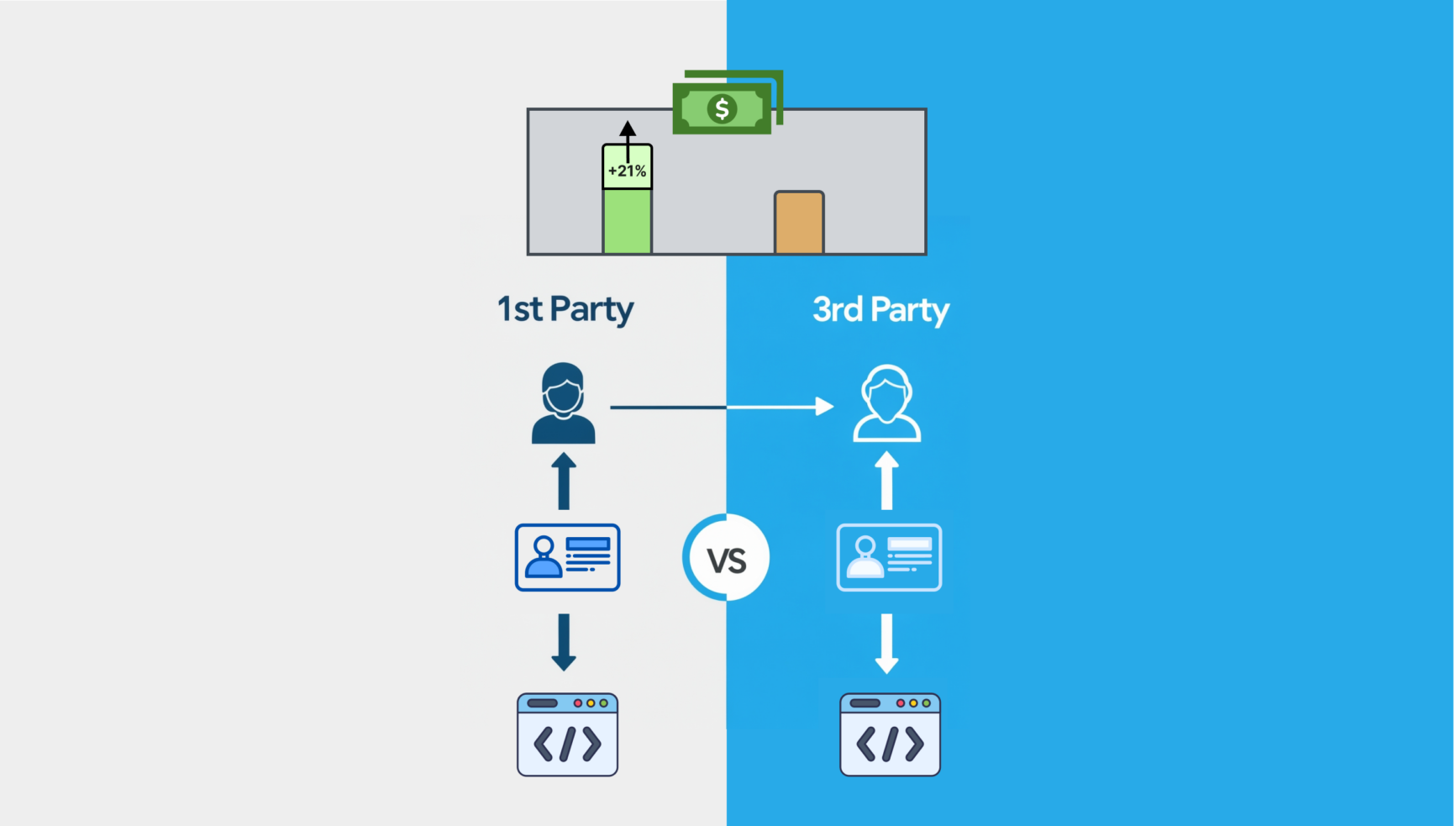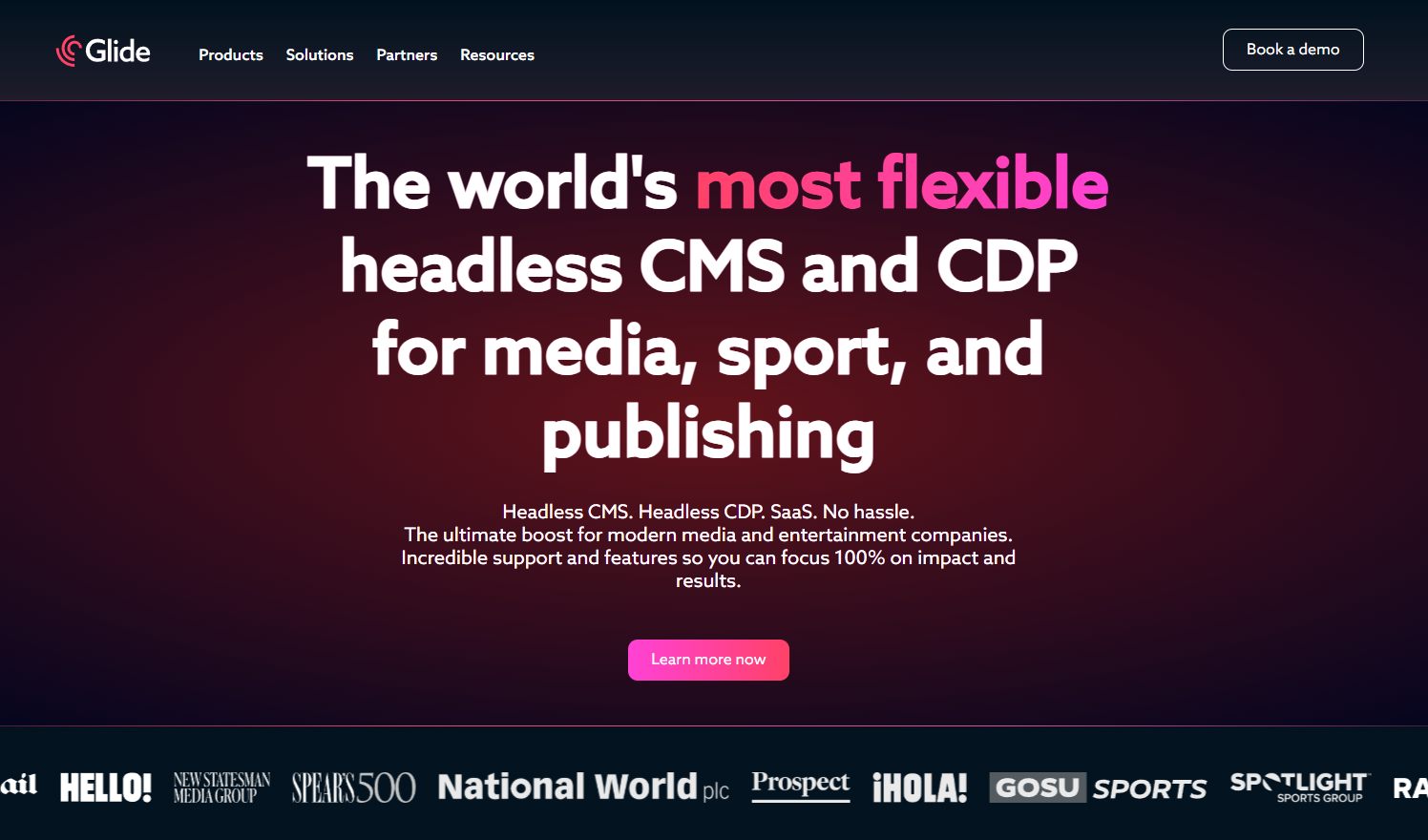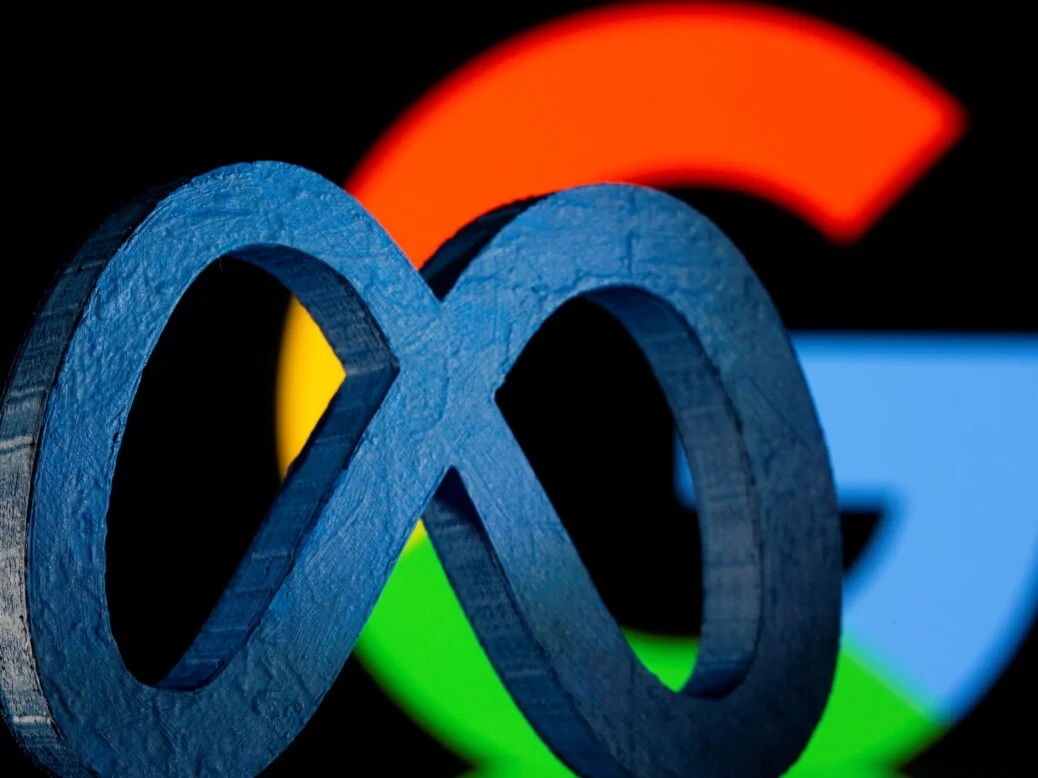I’ve found myself wondering what the future of Google SERPs looks like following the rollout of Search Generative Experience (SGE).
Despite all the technical and design changes Google has implemented over the last 25 years, the general structure of 10 blue links has remained largely untouched. Can this continue with SGE’s launch? Answering that has left me torn between two camps of thought.
On the one hand, there’s a strong argument that Google wants to ditch the 10 blue links, with SGE and search ads coming to dominate the SERPs.
On the other hand, two-thirds of all traffic still comes from organic links and making a drastic change to how Google SERPs operate would simply open the door to other search engines to capitalize. Sounds unrealistic?
No matter how dominant a company might be, a competitor always has room to steal a big chunk of its audience. Just ask Microsoft, which has seen its share of the desktop OS market sink from 91% in 2013 to 70% this year.

Striking a Balance?
When SGE was unveiled in May, I wrote that publishers should focus on content AI couldn’t synthesize. Unique, in-depth and personalized content that AI couldn’t replicate.
While costing more, this content would be more valuable to audiences in the long run and should be promoted by Google. Search representatives seemed to echo this sentiment at Google Search Central Live in Bangalore last week, which SODP’s Mahendra Choudhary and Swapnil Pate attended.
Google’s team expressed reservations about relying solely on AI for content creation, emphasizing that AI lacks the real-world experience that human writers bring. This makes sense to me, given that “it takes a body to understand the world”. At the same time, the team’s comments suggest AI content generation has a valuable role to play, which also makes sense, given the technology’s immense productivity potential.
Ultimately, however, I’ll admit my reasoning failed to address SGE’s long-term impact on SERP structure. Given that Google’s chatbot will sit at the top of informational and commercial SERPs, pushing organic links out of view, how will this not eat into organic traffic?
I can’t lie; I’m still struggling to answer this question, a task made more difficult by the background noise over Google’s most recent Helpful Content Update.
Update Outrage
Publishers and bloggers have accused the search engine giant of promoting AI-generated articles, while others are outraged that older forum posts are taking the top spot in some SERPs.
Google search advocate John Mueller has argued that forum posts gaining SERP traction makes sense in light of the search engine’s goal of drowning out AI spam. Add in Google’s move to rewrite its helpful content description to drop the distinction that it had to be written “by people”, and you have the perfect mess of mixed signals.
Content from our partners
Google continues to argue that unique, high-quality content is essential to a healthy internet, blasting AI rehashing in the process, only to be criticized by publishers who claim its algorithm updates have helped AI and low-quality content rank higher. At the same time, Google continues to prepare for a global roll out of its own AI, which will repurpose all content while sitting at the top of the SERPs.
Unless Google implements SGE similar to Bing’s side panel approach for ChatGPT, it could have a far worse impact on publisher and brand traffic in the long-run than the generic AI content Mueller has complained about.
In such an outcome, publishers will likely have to invest more heavily than ever before in social media networks such as TikTok and newsletter ecosystems such as Substack to offset the losses they see in organic traffic.










